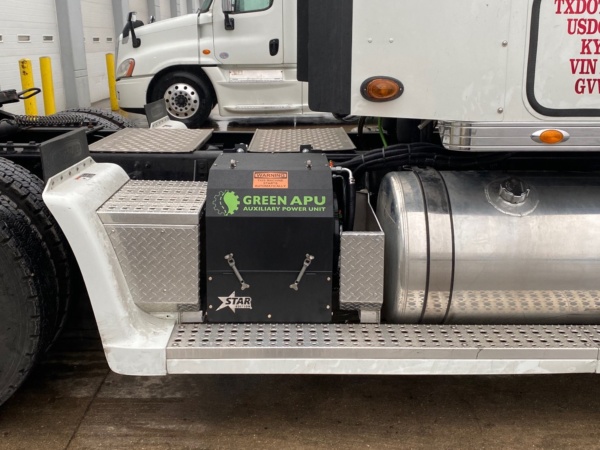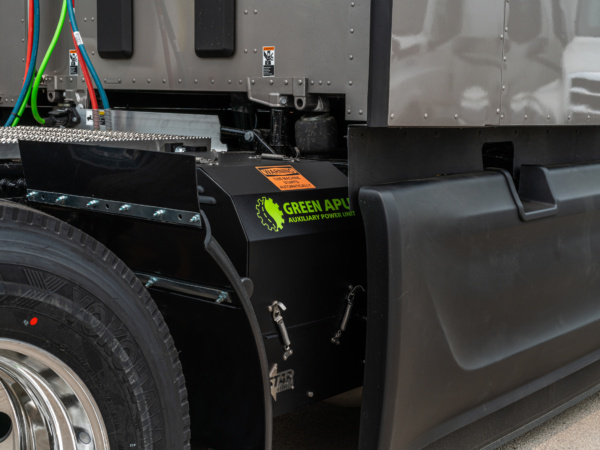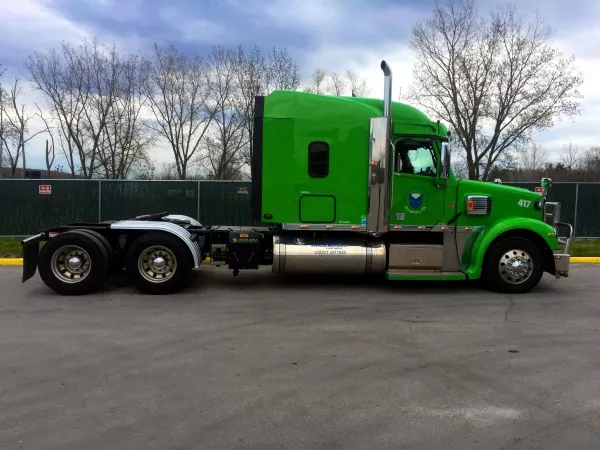Climate change affects all of us. It is becoming necessary to provide alternative ways to generate power for medium and heavy-duty trucks rather than idling the main engine and creating toxic fumes. Most fleets are starting to use onboard generators or APUs as their energy source for sleeper cab air-conditioning and heating, halogen light for nighttime jobs and power for bucket trucks and aerial cranes.
Using APUs for powering tools and machinery has proved to be a substantial alternative to the large fuel consumption needed by idling trucks to provide power. The two primary sources of APUs are combustion-powered using diesel fuel or all-electric (battery) power. There are also alternative fuel sources, like propane autogas or natural gas, that are becoming more popular.
But what are the advantages and disadvantages of the different fuel sources? Diesel- power provides unlimited power for specific applications. All you need is a tank of diesel fuel.
Electric or battery-powered APUs
Electric or battery-powered APUs are quiet but have a limited running time. That means that when your batteries run out of power, you are out of a power-source! So their applications can be limited.
A truck drivers life on the road is made more pleasant with such amenities as a microwave oven, television and DVD player. With battery-powered APUs, you run the risk of running out of power and recharge your batteries would mean running the truck engine or finding an electrical outlet to plug into. With diesel-powered APUs, you have a longer running time, and this power source is better suited for long-haul drivers.
To determine which power source is more suitable for your fleet depends on how the vehicles are being used. Battery-powered APUs are more suited to smaller cabs that don’t require long hours of cooling or heating. The increasing demand for zero-emissions is making smaller cabs with battery-powered APUs more popular. Drivers often have to wait long hours to load or unload their contents, and hot or cold weather can become an issue.
In terms of maintenance, diesel-powered APUs require oil and filter changes and general maintenance associated with gas engines. A battery-powered APU only requires a charged battery and is a significant saving on maintenance costs. A new battery will be necessary once in a while and has the advantage of being rechargeable through an electrical outlet.
By correctly matching the APUs capacity and its functions, it will avoid problems for your drivers.











